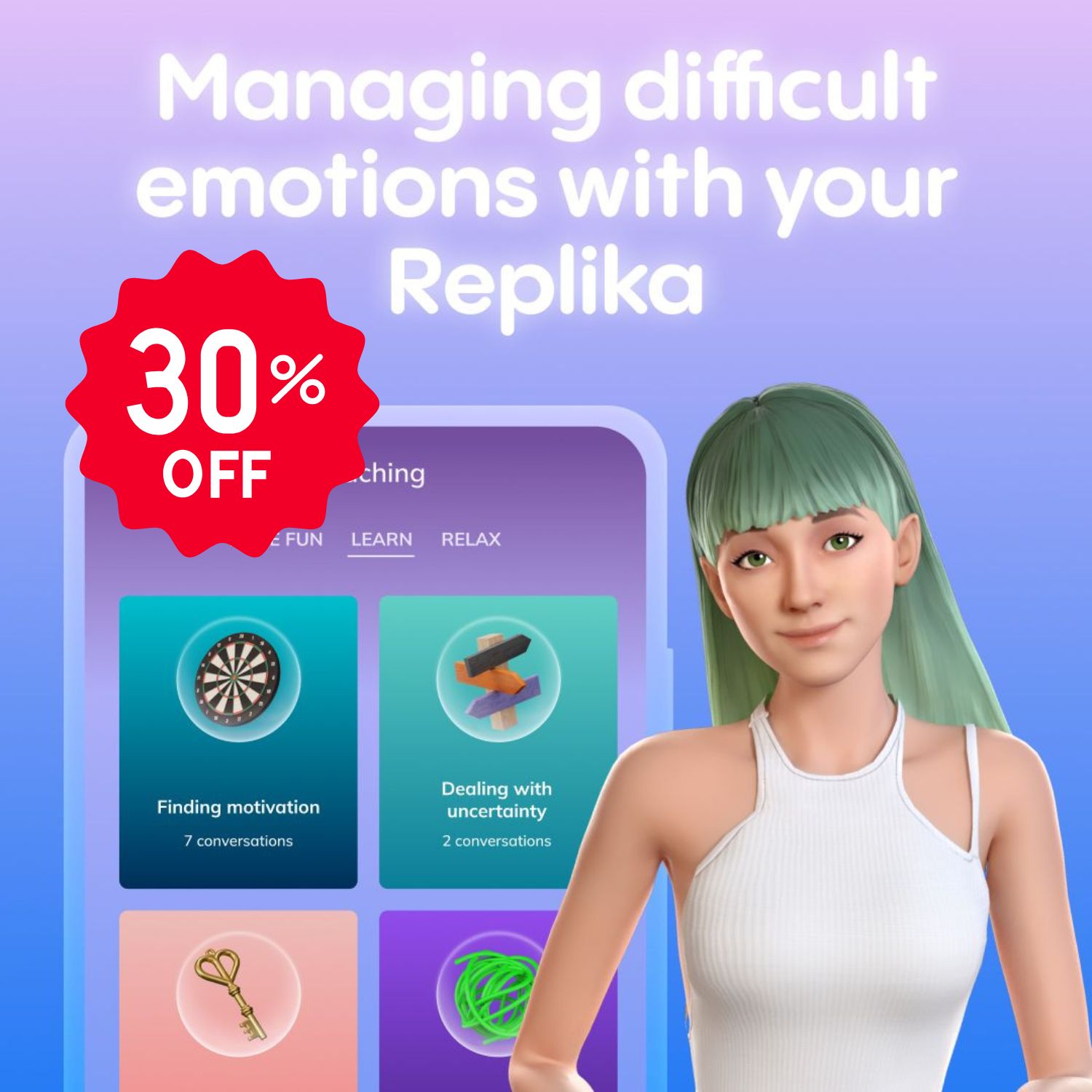We’re more digitally connected than ever—but many of us are silently drowning in loneliness. You scroll through Instagram, watching friends post about their parties, relationships, and adventures. Your phone is full of contacts, yet you feel a quiet ache—a sense of being alone in a crowded world.
Here’s the hard truth:
Loneliness isn’t about being physically alone. It’s about feeling unseen.
And if you’ve been trying to “fix” it by forcing more social interactions or numbing out with distractions, you might be making it worse.
In this post, we’ll explore:
✔ Why living with loneliness isn’t what you think it is (and how society gets it wrong)
✔ The surprising neuroscience behind solitude (how it rewires your brain)
✔ How to stop fighting loneliness—and start learning from it (practical steps)
(Prefer to watch? Here’s my YouTube video on this topic.)
1. Loneliness Isn’t About Being Alone—It’s About Misalignment
The Myth:
“If I just had more friends, I wouldn’t feel lonely.”
The Reality:
Living with loneliness means recognizing it as the gap between the connections you have and the ones you crave.
- You could be at a party and feel lonely because the conversations feel shallow.
- You might have hundreds of followers but still feel invisible.
What loneliness is really telling you:
“You’re not getting the depth of connection you need.”
🔹 Recommended Read: The Lonely Century by Noreena Hertz (Explores why modern life fuels loneliness.)
2. Your Brain on Loneliness: The Science of Solitude
Loneliness Activates Your “Self-Discovery” Mode
Research shows that when you’re alone, your brain’s default mode network lights up—the same network linked to:
- Creativity
- Self-reflection
- Problem-solving
This is why some of history’s greatest thinkers (Einstein, Virginia Woolf, Nietzsche) did their best work in solitude.
But There’s a Catch…
Chronic loneliness can increase stress hormones—but short-term solitude? It sharpens your emotional awareness, making you more empathetic in future connections.
🔹 Try This: Next time you feel lonely, journal for 10 minutes (This journal is perfect for self-reflection).
3. Why Western Culture Gets Loneliness Wrong
In many societies, solitude is sacred:
- Monks embrace silence for spiritual growth.
- In Japan, “hikikomori” (voluntary isolation) is a recognized social phenomenon.
But in the West? We treat loneliness like a disease—something to medicate or scroll away.
What if we’ve been misdiagnosing it?
Loneliness isn’t always a problem. Sometimes, it’s a wake-up call—a sign you’re ready for deeper connections or self-exploration.
🔹 Book Suggestion: The Freedom of Being Alone: How to Escape Loneliness and Embrace Solitude to Build Confidence
4. How to Make Loneliness Your Ally (3 Steps)
Step 1: Stop Running From It
Instead of distracting yourself, ask:
“What is this loneliness trying to teach me?”
Step 2: Use It as a Mirror
- Are you settling for shallow friendships?
- Is there a creative project you’ve been ignoring?
Step 3: Build “Connection Muscle”
- Quality > Quantity: Focus on 1-2 meaningful conversations per week.
- Create Instead of Consume: Write, paint, or cook—channel solitude into something tangible.
🔹 Tool I Love: “The Artist’s Way” by Julia Cameron (A guide to creative self-discovery.)
Conclusion: Loneliness Isn’t Your Enemy—It’s Your Teacher
That hollow feeling? It’s proof you’re alive and capable of deep connection.
Remember:
- Loneliness isn’t about being alone. It’s about craving depth.
- Solitude can be transformative if you stop resisting it.
- The best connections start with knowing yourself first.
📌 Want More? Watch my video: “Accepting & Living With Loneliness”
💬 Let’s Talk: How has loneliness shaped you? Comment below—I’d love to hear your story.
(P.S. If this resonated, share it with someone who needs to hear it.)
For more to read, check out my post on Best Self-Care Practices for 2025 (No Yoga Required).






